
Are You 18 Or Over?
YesOr
No By clicking yes, you certify that you are over 18. By using this website, you agree to our legal disclaimer.605+ Cannabis Strains over 20 Breeders worldwide.
Table of Contents

In recent years, there has been speculation about “did Shakespeare smoke weed?” This idea originates from a study by South African anthropologist Francis Thackeray and his team in 2001. They examined tobacco pipes discovered in and around Shakespeare’s home in Stratford-upon-Avon and claimed to find traces of 17th-century cannabis residue on some of them. However, upon closer examination, the evidence supporting the notion of Shakespeare’s cannabis use remains inconclusive.
Thackeray’s research is interesting, but some people doubt it because it guesses a lot. Finding cannabis leftovers on a few pipes doesn’t mean Shakespeare smoked it. Maybe other people, like his wife or neighbors, used those pipes. So, saying Shakespeare definitely smoked cannabis is a big guess, not a proven fact.
Moreover, there’s not enough proof from people who lived at the same time as Shakespeare to back up the idea that he used cannabis. Hemp was around a lot in the 1600s for things like making paper and clothes, but there’s no old writing or stories from that time saying Shakespeare liked to smoke weed. Since there’s no real evidence connecting Shakespeare to cannabis, saying he used it is just guessing.
Some people who support this idea say that certain parts of Shakespeare’s sonnets suggest he used drugs. Like in Sonnet 118, where he talks about a “eager compound,” which some think means he was high on drugs. But these ideas are mostly guesses and don’t have solid proof that Shakespeare used cannabis.
Additionally, there are different ways to understand Shakespeare’s sonnets. Some think that when he mentions “compounds strange” and “noted weed,” he might not be talking about drugs. Shakespeare is known for using fancy language with hidden meanings. This makes it hard to say for sure what he meant without knowing more about the situation.
To sum up, the notion of Shakespeare smoking weed might spark interest, but there’s no solid proof from history to support it. Thackeray’s study is based on guesswork, and the unclear meanings in Shakespeare’s sonnets show we should be careful before believing such claims. When it comes to historical puzzles like this, we have to be smart and rely on facts we can check, not just guesses.
Q: Is there concrete evidence proving that William Shakespeare smoked weed?
A: No, there is no concrete evidence directly linking Shakespeare to cannabis consumption.
Q: What is the basis for the speculation about Shakespeare’s cannabis use?
A: The speculation arises from a study that found traces of 17th-century cannabis residue on tobacco pipes excavated near Shakespeare’s residence.
Q: Were the tobacco pipes found exclusively on Shakespeare’s property?
A: No, the tobacco pipes were found in and around Shakespeare’s residence, leaving open the possibility that they were used by other individuals as well.
Q: Are there references in Shakespeare’s sonnets explicitly mentioning cannabis use?
A: While some interpretations suggest references to drugs in Shakespeare’s sonnets, such as “compounds strange,” these references remain subject to debate and interpretation.
Q: What cautionary approach should we take when discussing Shakespeare’s alleged cannabis use?
A: It’s essential to approach the topic with skepticism and rely on verifiable evidence rather than speculation or ambiguous interpretations of literary works.
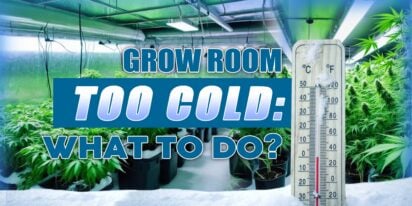
[ez-toc] In indoor gardening, maintaining an optimal temperature within your grow tent is crucial for the health and productivity of your plant

[ez-toc] Welcome to the delightful world of cannafudge crafting, where sweetness meets sophistication, and cannabis infusion adds a unique twis
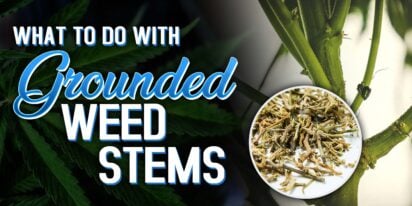
[ez-toc] You’ve finished trimming your weed, but what about those leftover stems? Don’t throw them away! These seemingly useless bits can a

Feeling high can be an exhilarating experience, but it's essential to make the most of it by engaging in activities that enhance the sensation a
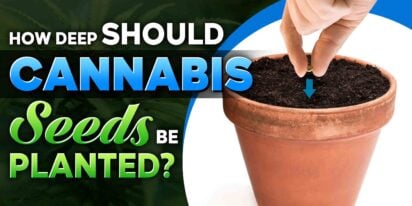
[ez-toc] Starting with planting cannabis seeds might seem simple, but how deep should cannabis seeds be planted for them to grow well. In this
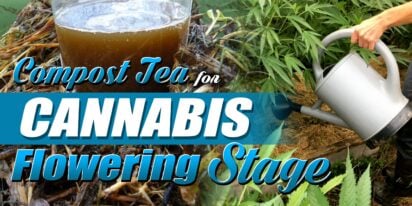
[ez-toc] In the realm of cultivating cannabis, maximizing growth during the flowering stage is a top priority for growers. While various method
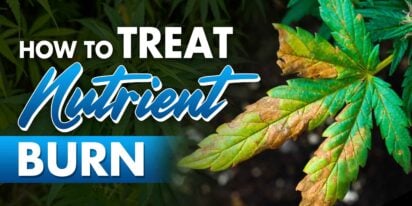
[ez-toc] Nutrient burn is a common issue among plant enthusiasts, often resulting from over-fertilization or improper nutrient application. It
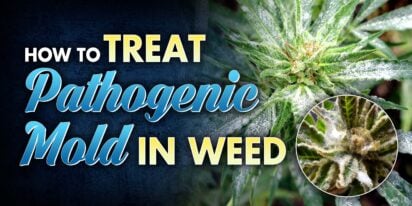
[ez-toc] Welcome to our complete guide to dealing with harmful pathogenic mold in cannabis. For those who grow cannabis, preventing mold is vit

In recent years, there has been speculation about “did Shakespeare smoke weed?” This idea originates from a study by South African anthropol
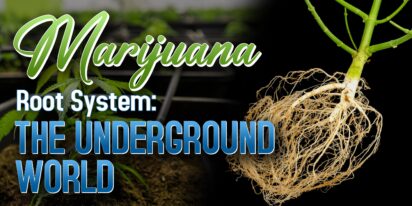
[ez-toc] Welcome to the hidden world beneath the soil – the inside of the marijuana root system. While the vibrant leaves and resinous flower

Are You 18 Or Over?
YesOr
No By clicking yes, you certify that you are over 18. By using this website, you agree to our legal disclaimer.